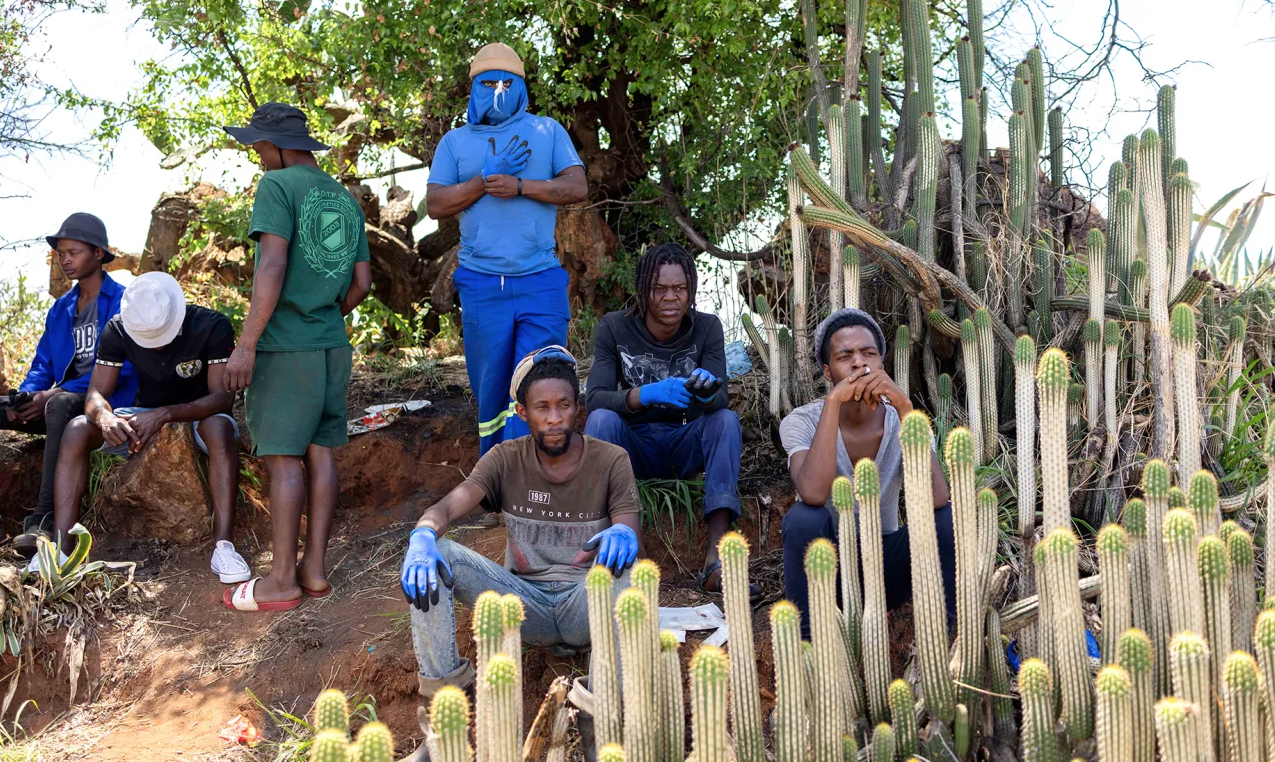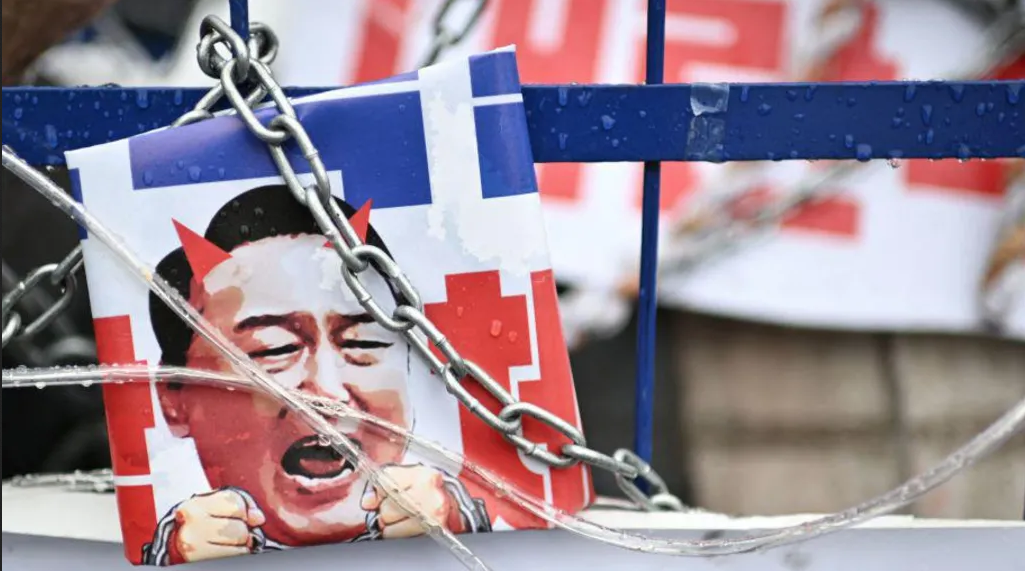MONTREAL – From rags to riches, the man behind auto parts supplier Magna International, which clinched a deal Saturday to buy GM’s German unit Opel, arrived in Canada from Austria 50 years ago with just 200 dollars in his pocket.
But in the half-century that followed, Frank Stronach, alias Franz Strohsack, turned a small Toronto tool and die company into one of the world’s largest automotive parts manufacturers.
And now after acquiring Opel, the 76-year-old Stronach aims to expand Magna International even further by turning it into a fully-fledged car company.
Berlin confirmed on Saturday that Magna was its preferred bidder for the Opel unit, after rivals, such as Italy’s Fiat and Brussels-based RHJ International, fell by the wayside.
According to the Detroit News, GM favoured selling Opel to Magna because Magna’s offer would allow GM to retain a 35-40 per cent stake in the subsidiary.
And Magna won the support of unions and the centre-left Social Democrats in Germany as its plan involved the fewest job losses and plant closures.
The two companies are already entwined in their history – it was GM that first helped Magna break into the car business, signing them up in 1960 to build brackets for GM vehicle sun visors.
Born in the town of Weiz in southern Austria on September 6, 1932, Stronach left school at 14 to apprentice as a tool maker, then in 1954 emigrated to Canada.
After changing his name and working odd jobs, including as a dishwasher, he launched his first enterprise Multimatic, which back then had one employee: him.
In 1967, the company merged with another of his creations Magna Electronics Corporation, which was publicly traded.
The merged company would become Magna International in 1973, with sales of dashboards, brakes and other auto parts topping 150 million dollars by the end of the decade.
After a dazzling growth spurt in the 1980s, the company hit financial trouble in the early 1990s and had to undergo a painful but successful restructuring.
Magna diversified geographically, buying several European auto parts makers as well as Steyr-Daimler-Puch, thereby getting its hands on its first auto assembly plant in Graz, Austria.
Today, Magna assembles vehicles under contract for Saab (another GM brand), BMW, Mercedes-Benz and Chrysler – which it offered to buy from DaimlerChrysler in 2007.
Based in Aurora, Ontario, north of Toronto, Magna touts itself as the most diversified car parts manufacturer in the world, employing 70 000 people in 326 plants and research offices in 25 countries.
After years of profitability, however, Magna now faces one of its most difficult challenges, as its European and American clients struggle with a global sales slump exacerbated by a recession and credit crunch.
It lost 200 million dollars in the first quarter of 2009, bringing its total losses since July 2008 to 563 million dollars.
Its quarterly sales also dropped by 46 per cent to 3,6 billion dollars, due to the woes of its main customer GM, which accounts for 19 per cent of Magna’s revenues.
But despite these hardships, Magna, with support from Russian automaker GAZ and Russia’s Sberbank for its Opel bid, has the means to achieve its ambitious expansion plan: 1,7 billion dollars in cash and access to a 1,8 billion dollar line of credit.
-Nampa-AFP
Stay informed with The Namibian – your source for credible journalism. Get in-depth reporting and opinions for
only N$85 a month. Invest in journalism, invest in democracy –
Subscribe Now!








